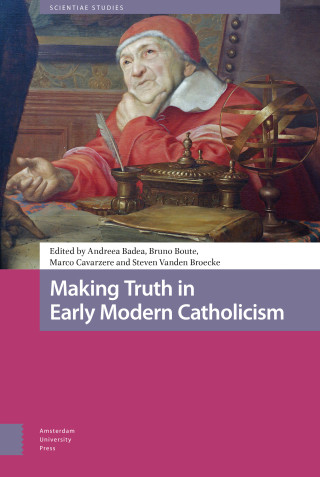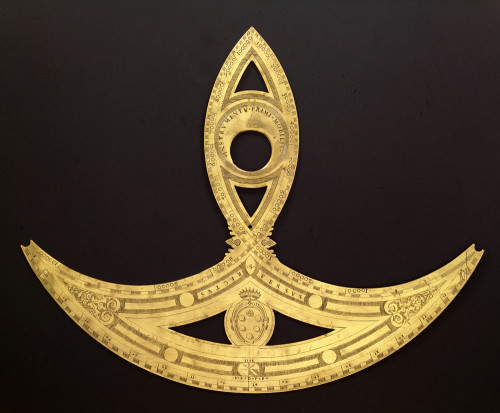
- Series editors
Stefano Gulizia, University of Milan (Editor-in-chief)
Vittoria Feola, University of Padova
Christine Göttler, University of Bern
Cassie Gorman, Anglia Ruskin University
Leonie Hannan, Queen's University Belfast
Djoeke van Netten, Universiteit van Amsterdam
Richard Raiswell, University of Prince Edward Island
Cornelis Schilt, Vrije Universiteit Brussel
Vladimir Urbanek, Czech Academy of Sciences (Prague)
Jessica Wolfe, University of North Carolina at Chapel Hill- Geographical Scope
- Primarily the scientific and/or academic networks connecting the European Republic of Letters with its core Atlantic and Mediterranean counterparts, including, whenever relevant, non-Western traditions
- Chronological Scope
- c. 1450-1750
- Keywords
- Antiquarianism, History of science, Magic and medicine, Information technology, Book trade, Material culture, Literary representation, Religion and law
- Flyer
- Download flyer
Scientiae Studies
The major premise of the Scientiae Studies series is that knowledge during the early modern period was pre-disciplinary, and that, similarly, theories and practices, confronted with a rapidly growing body of new objects, had yet to be separated into their modern ‘scientific’ configurations. As a result of such premise, this is a forum ideally suited to innovative interdisciplinary discourses and strands of intellectual history pivoted around the circulation of knowledge, as well as deliberately global. By looking within and beyond European history, we would also like to accept proposals that respond to a foundational interest of Scientiae as an association, the institutionalization of knowledge, which in turn stimulates research on the history of universities and on the birth and evolution of early modern collections. Thus the series aims to bridge the gap between material culture and history of ideas.
While attempts to understand and control the natural world, and therefore natural philosophy and natural history, remain central to its endeavours, the Scientiae Studies series addresses a wide range of related fields, including but not restricted to Biblical exegesis, medicine, artisan practice and theory, logic, humanism, alchemy, magic, witchcraft, demonology, astronomy, astrology, music, antiquarianism, experimentation and commerce.
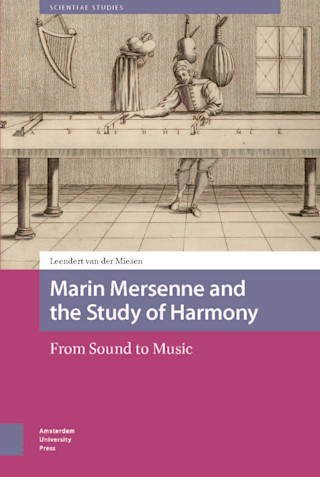
Marin Mersenne and the Study of Harmony

Epistemic Practices and Plant Classification in Premodern European Botanical Knowledge

Thaddaeus Hagecius, or Hájek, 1526-1600
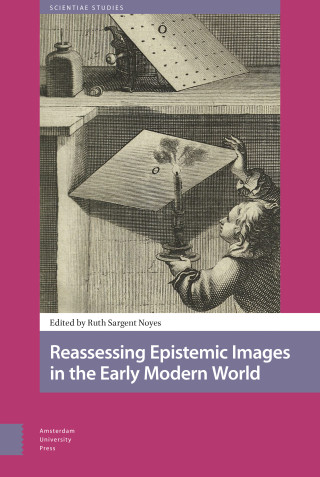
Reassessing Epistemic Images in the Early Modern World
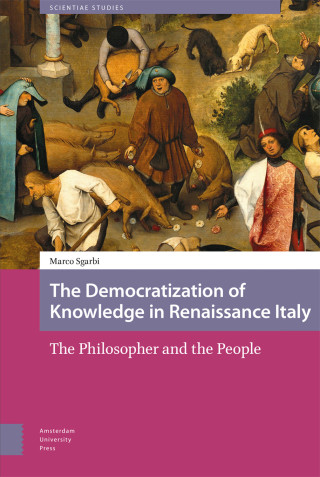
The Democratization of Knowledge in Renaissance Italy
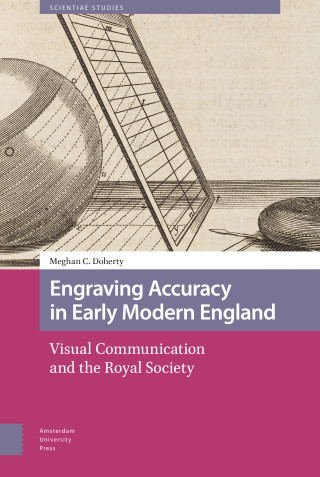
Engraving Accuracy in Early Modern England
